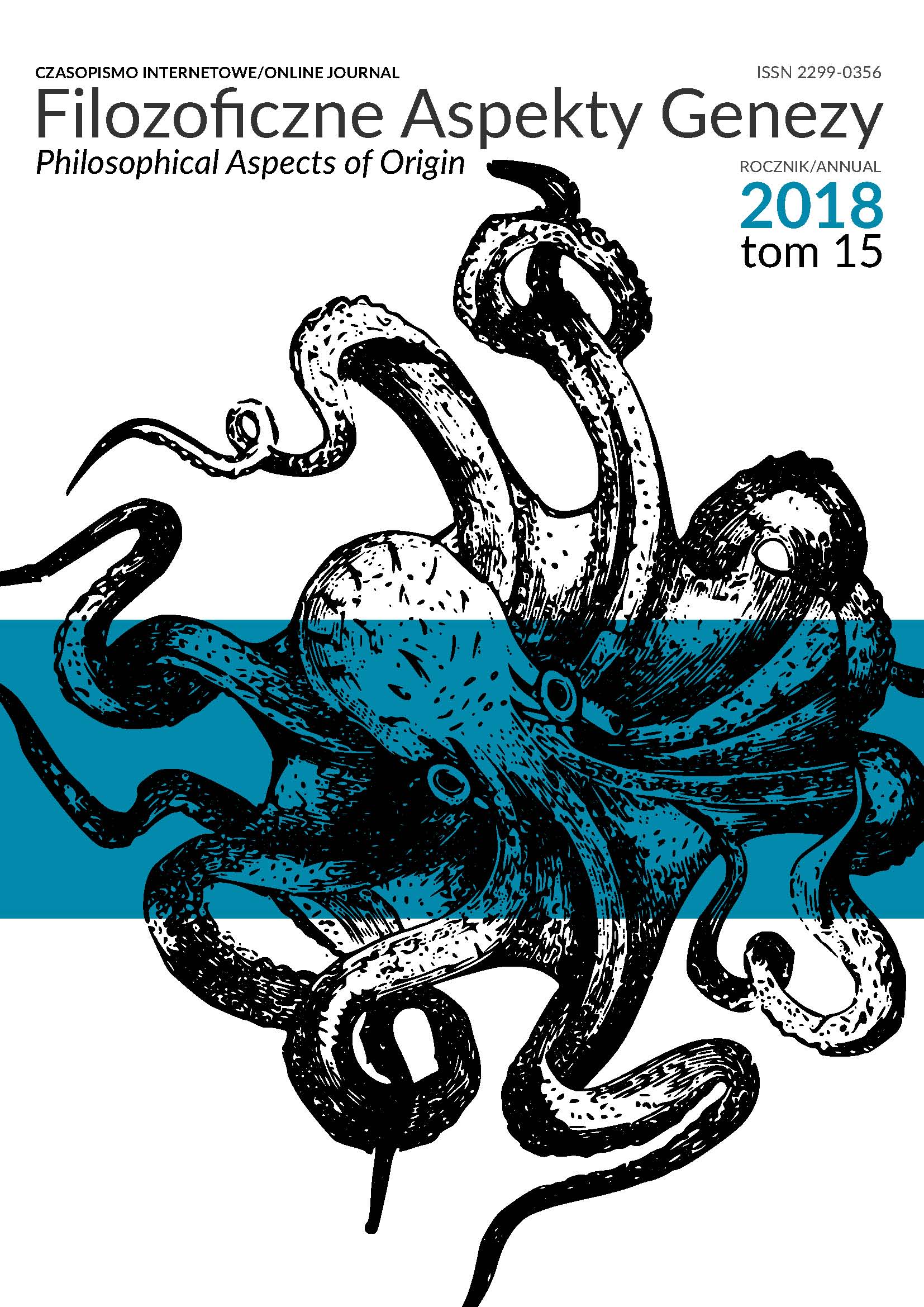Jaki „artyficjalizm” stanowi epistemiczny układ odniesienia nauki
Which “Artificialism” Holds as an Epistemic Framework for Science
Author(s): Dariusz SaganSubject(s): Philosophy, Philosophy of Science
Published by: Instytut Filozofii, Uniwersytet Zielonogórski
Keywords: Kazimierz Jodkowski; Krzysztof J. Kilian; methodological naturalism; supernaturalism; artficialism; epistemic framework; intelligent design theory; hard core
Summary/Abstract: This article concerns the concept of epistemic frameworks as formulated by Kazimierz Jodkowski and then elaborated in more detail by Krzysztof Kilian. An epistemic framework is an assumption imposed on science as a whole, without which the pursuit of the latter would be impossible. It defines what kinds of cause can, or must, be invoked in scientific explanations. Three possible epistemic frameworks are distinguished: methodological naturalism, supernaturalism and artificialism. In this article, I focus on the analysis of artificialism, as Jodkowski and Kilian use this term ambiguously, treating it as something that could be an epistemic framework either for intelligent design theory or for science as a whole. I explain how this term should be understood with reference to science as a whole, indicating at the same time how science is perceived by the main proponents of artificialism — namely, design theorists. Moreover, I argue that ascribing so-called “hard cores” to epistemic frameworks, as Kilian does, is a mistake, and can lead to confusion.
Journal: Filozoficzne Aspekty Genezy
- Issue Year: 2018
- Issue No: 15
- Page Range: 223-250
- Page Count: 28
- Language: English, Polish

